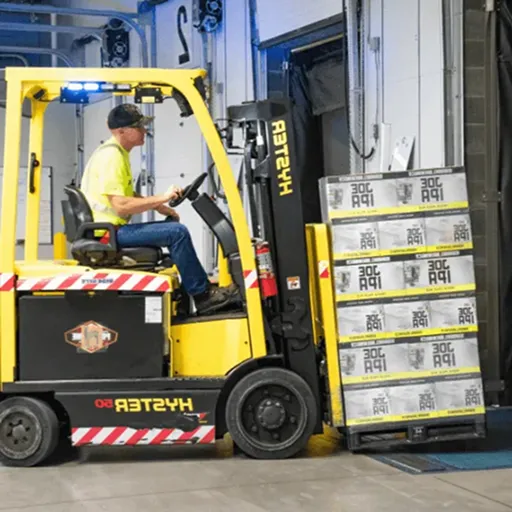
The Future of Food Distribution Through Warehousing Solutions
EImagine a world where your favourite food is always fresh, always on time, and always in perfect condition. It sounds simple, right?
As the demand for fresh, high-quality food continues to grow, so does the need for precise, efficient storage and logistics systems. Food products are fragile, perishable, and often need to travel long distances before they reach their final destination. That's where warehousing solutions step in, ensuring that every item is stored safely, transported smoothly, and delivered on time.


